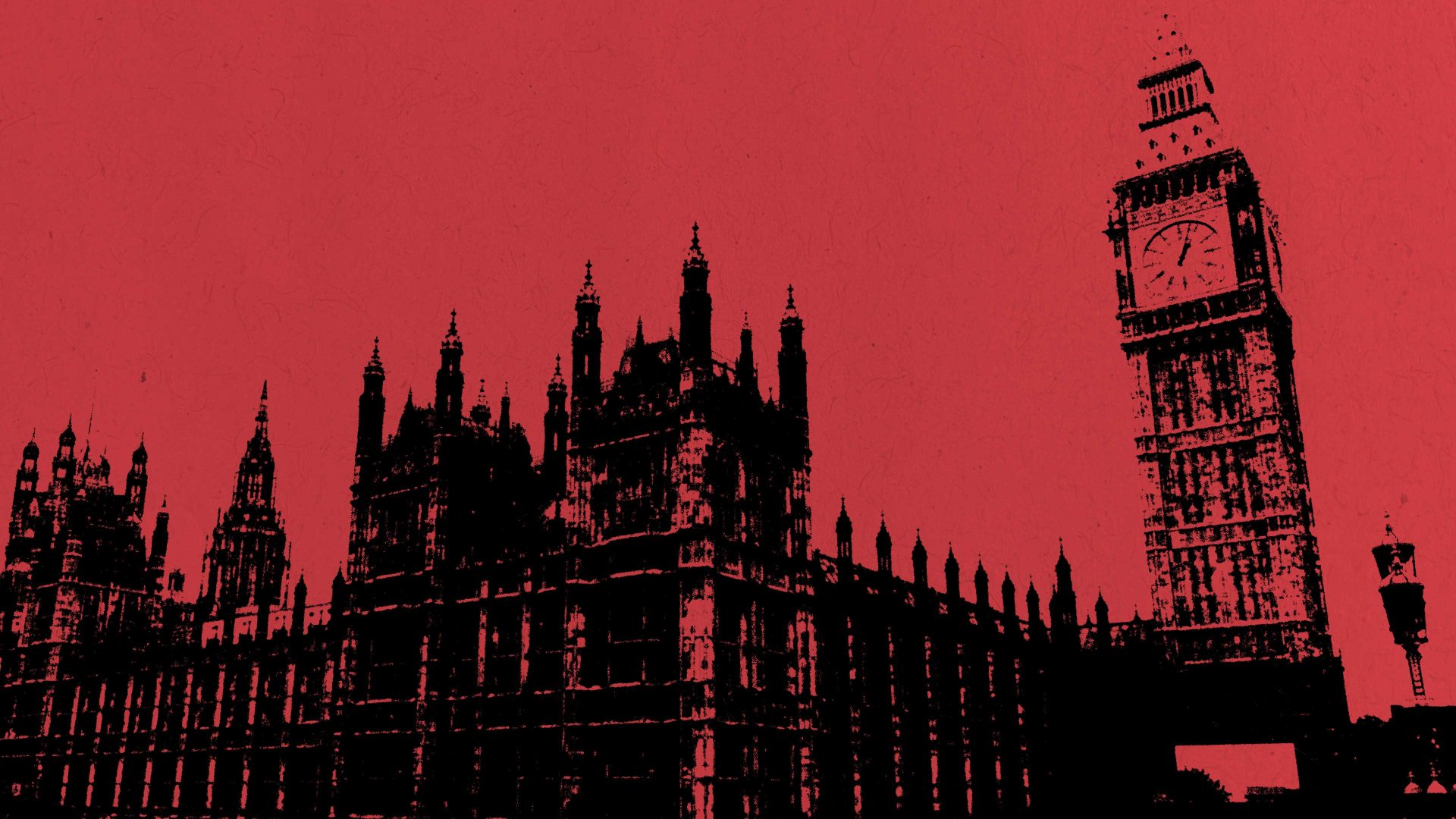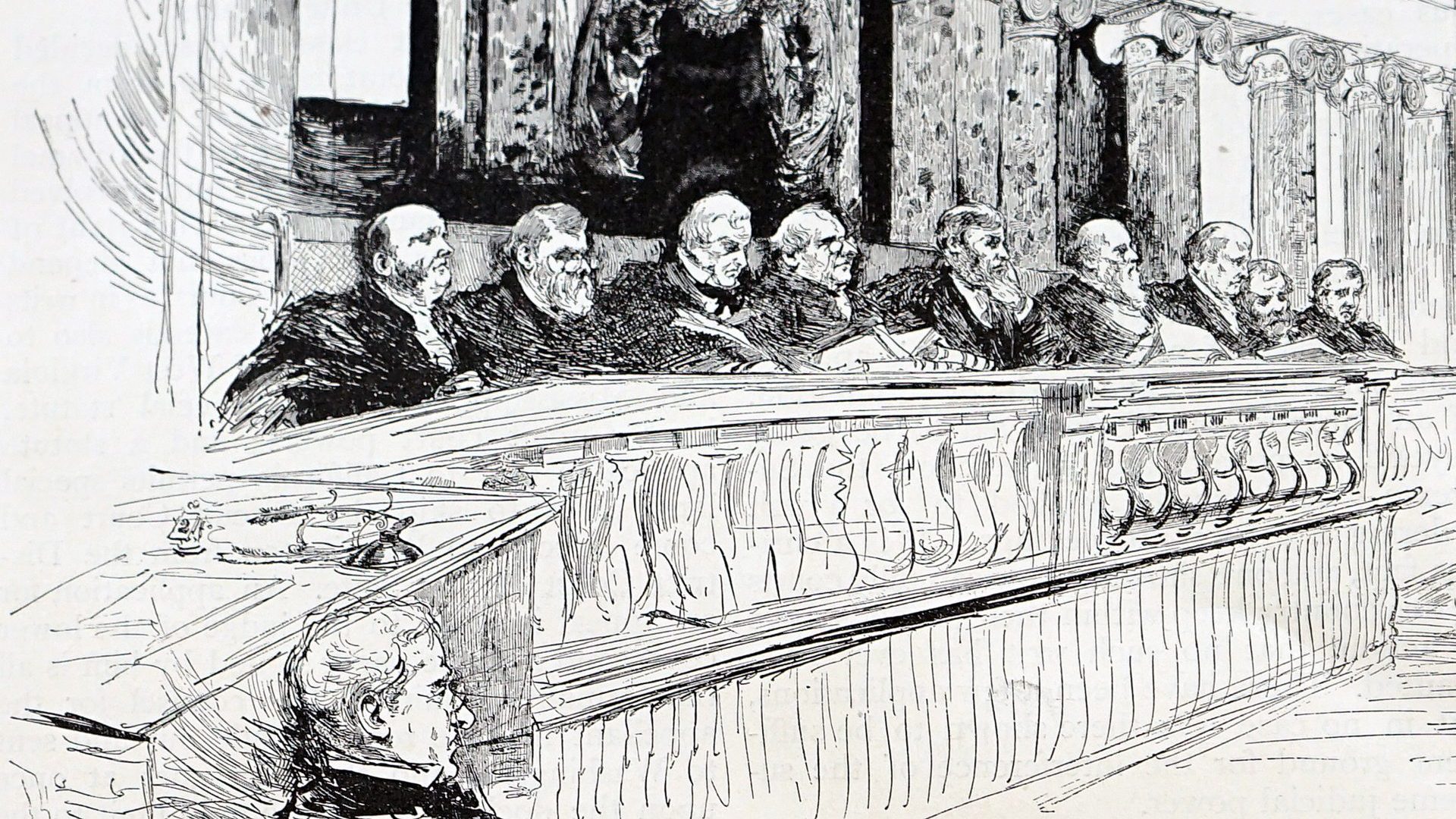When news broke last week that Chris Pincher had resigned as the government’s deputy chief whip, the initial reaction among much of Westminster was something like a sigh of relief – “finally”.
Pincher had been accused of groping two men in the Carlton Club – a favourite Conservative hangout – and had admitted to being a drunken embarrassment, while continuing to deny further wrongdoing.
But allegations both public and private about Pincher’s conduct have circulated for years, known to most journalists and MPs with even a passing familiarity of parliament. After denying it for three days, No 10 had to finally admit on Monday that it too – like everyone else – had known of the allegations about Pincher when Boris Johnson promoted him to his current role.
The prime minister had known about it, allegedly even joked “Pincher by name, pincher by nature”, and promoted him anyway, which in any even halfway decent world would be grounds for resignation of the PM on its own: promoting someone of dubious repute to the particularly sensitive role of deputy chief whip (known as the “welfare whip”) is a serious managerial failing.
In the Westminster world, the surprise was not Pincher’s actions, but rather that they had actually had any kind of consequence – given the historical allegations (all denied) that have resurfaced or surfaced for the first time in the days following, it is clear that on several previous occasions nothing had been done.
One aspect of the incident, first recounted in the Sunday Times, is particularly telling. According to the first alleged groping of the evening, another Conservative whip, Sarah Dines, had witnessed the attack, and spoken with the (unidentified) victim, who had urged her to take action.
Dines was reportedly very willing to do so, but to his shock asked him whether he was gay, and when he disclosed that he was – though didn’t think that should alter anything – commented, that “doesn’t make it straightforward”.
Those remarks have been taken by many on Twitter to be a sign of homophobia, or some sort of odd suggestion that groping is less serious if the victim’s sexual orientation aligns with that of the attacker. But given that Dines reported the attack to the chief whip first thing the next morning, it doesn’t seem to suggest that. The likely truth behind the – incredibly insensitive and tactless – remark is that Dines knew what was usually needed to spur action: a situation that could not be spun or explained away.
Dines may have been concerned that Pincher could claim they had previously flirted and so he had thought his advance was welcome, and clearly did not feel confident that even her own testimony could overrule that.
With one tactless remark, Dines revealed the underlying truth of Westminster, one that is widely known but little said: leaders and parties will act when they are forced to act, and otherwise do as little as possible.
There is an awareness that Westminster can’t be seen to tolerate its reputation for sexual harassment and misconduct, but little desire to actually tackle it. As a result, if an event can be smoothed over and explained away quietly, it will be. The system is designed to ignore red flags and warning signs – inaction is a feature, not a failing.
Journalism tends to act as the impetus for action. Once a story is in the public domain, action tends to follow – but the media is no substitute for proper HR practices and standards. Stories on sexual harassment or misconduct are notoriously difficult to publish.
Finding out what happened is just the first hurdle. Publications must then clear concerns around the anonymity of sources and strength of testimony, plus have to consider privacy laws – if an MP isn’t openly gay, for example, and touches a man’s leg in an unwanted advance, does the public interest of the story justify “outing” the MP? Would a court reliably decide that?
Defamation law is an even bigger risk: the line is drawn such that the newspaper has to demonstrate its story is true, rather than the MP demonstrating it is not. Doing that with anonymous victims who may not be willing to take the stand in court is tremendously difficult.
There had been multiple attempts over the years to report on Pincher’s behaviour, most of which had fallen at one of these hurdles. For each story printed, perhaps 10 more fall by the wayside. That lets serial offenders continue for years.
Political parties need proper HR policy and practice, particularly for their MPs. But the problem doesn’t stop there – not every harasser in parliament is a name that would make the newspapers, or a parliamentarian. The problem runs deeper, in staffers and in parliamentary officials and staff too – it permeates the place.
I mostly work outside Westminster, visiting it a couple of times a week. I have never had a lobby pass, I rarely attend press briefings – and yet I could recount stories from a dozen or more people about various levels of wrongdoing from politicians, advisers, staff, or others. It is easy to say the problem is worse in the Conservative party and has got worse under Boris Johnson, both of which are true, but which could serve to ignore the endemic nature of the rot.
Theresa May showed how little sexual misconduct allegations mattered to her when she returned the Conservative whip to two MPs suspended pending investigation for sexual misconduct.
Her successor is worse. But the wider message sent by Westminster is even more alarming – MPs set our laws, and ministers implement them. It is the government that regulates what constitutes rape, sexual assault, and sexual harassment. If they cannot get their own house in order, what hope is there for doing it across the country?
Certain MPs and commentators try to wave off stories like these as if they are trifles when compared with the serious business of statecraft. But not only do these victims deserve to be taken seriously, basic standards of decency are the bedrock of government. Without those, no one can trust the integrity of decisions, spending, or anything else. Once again, the government is failing on the most basic of levels.




